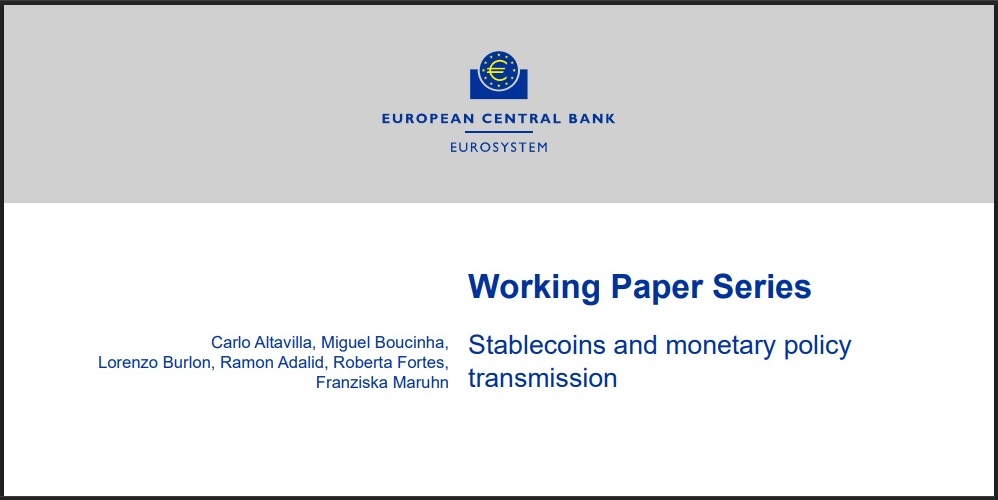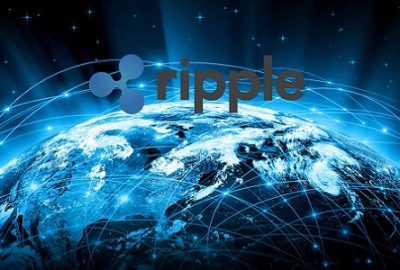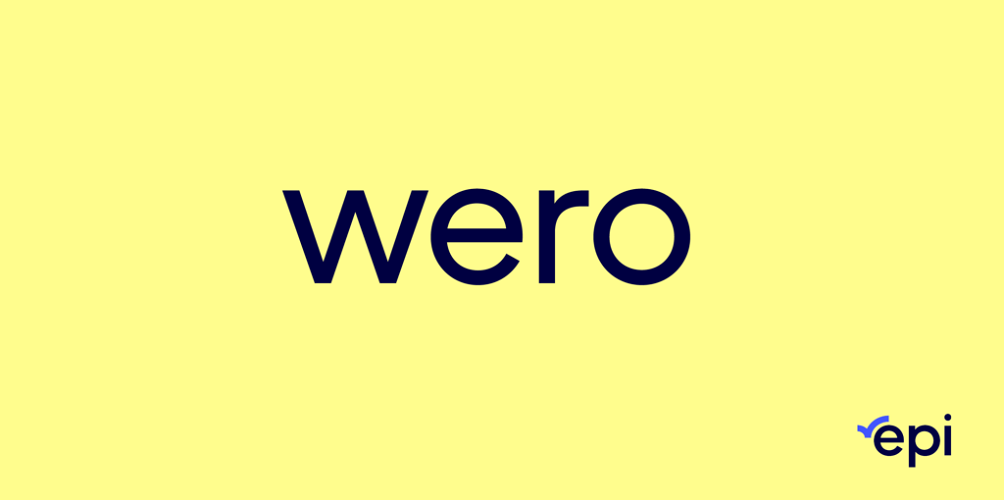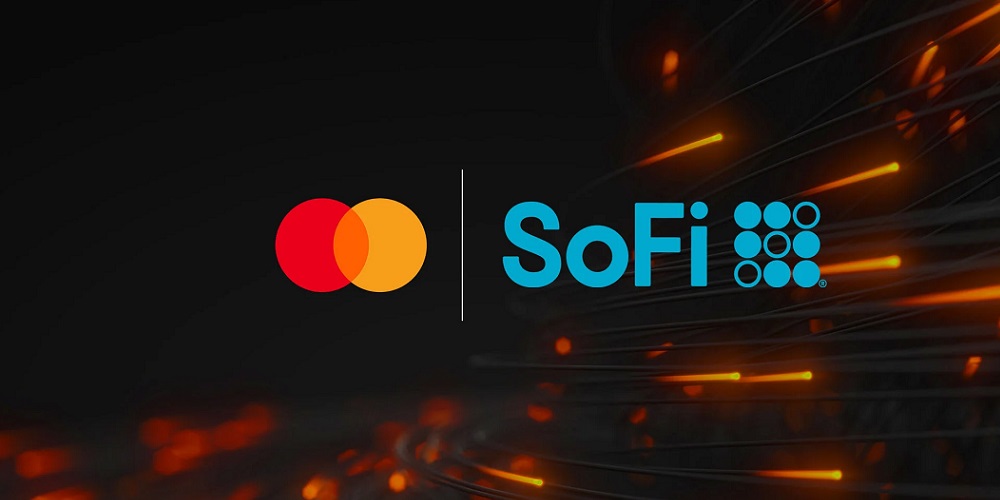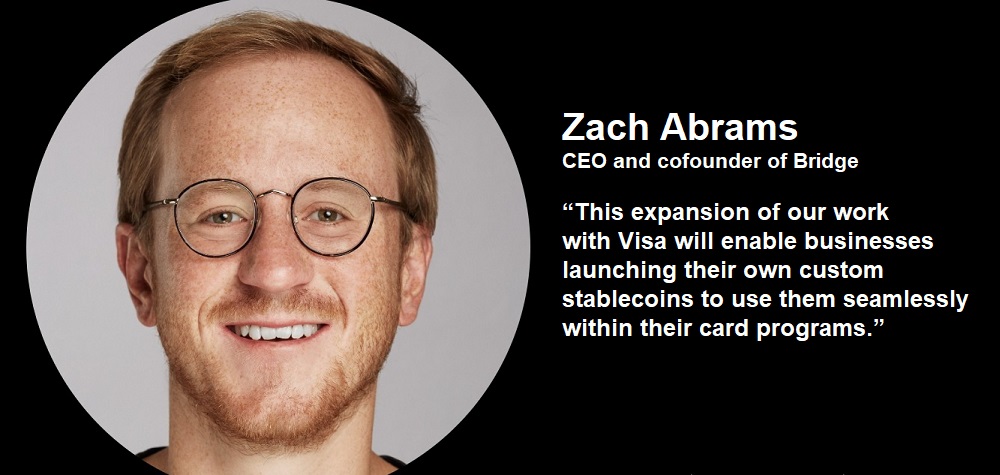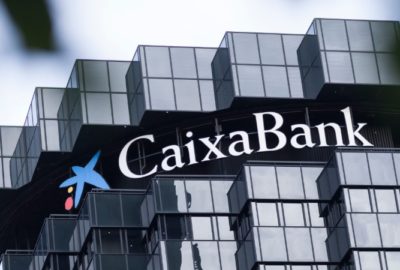Major trade banks and ecosystem players highlight key enablers for trade digitisation. „It’s now or never!” – Swift says
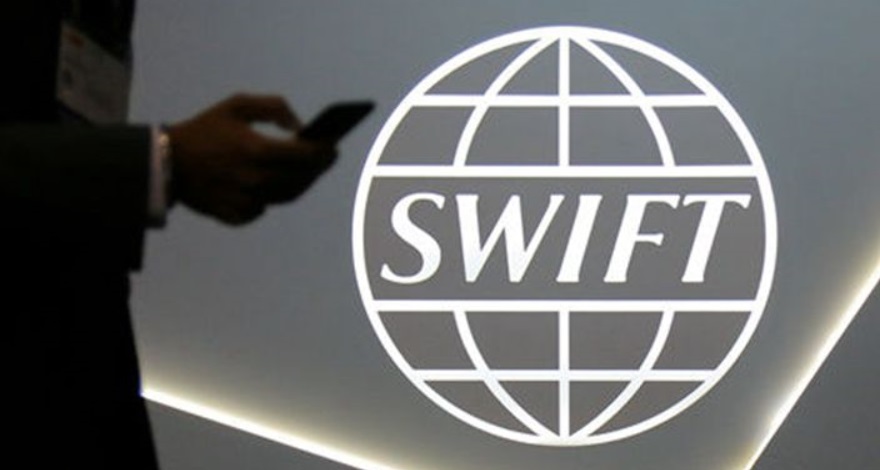
In their latest paper, Swift discusses how trade has been impacted by the pandemic, drawing on data and the voice of our community to identify what’s needed to successfully facilitate digitisation in this area.
In the paper, ‘Digitising trade – now or never’, we harness SWIFT data and the voice of our community to explore how efforts to digitise trade could reduce friction in global commerce and translate into economic growth.
According to SWIFT Watch, documentary trade finance had declined by as much as 49% week-on-week by late April 2020. It took the rest of the year for volumes to rebound, eventually ending the year down 11%.
Despite the overall drop in global trade, usage of SWIFT’s Digital Trade Channel solution increased by 72.4% in 2020, illustrating the appetite among corporations for digitisation. And, in 2020, we went on to process over USD 2 trillion in documentary trade.
What’s required for effective trade digitisation?
While technology has the potential to reduce processing times, costs and risks, it is not enough on its own. The paper identifies three key elements that are required for effective trade digitisation in an ecosystem that is characterised by a myriad of actors, technologies, standards, rules, regulations and legal jurisdictions.
Technology, legal harmonisation, standardisation and interoperability all play a crucial role in ensuring connectivity between both physical and financial supply chains, and enabling digitisation efforts to scale and thrive.
“The pandemic has underlined the need to accelerate the digitisation of trade. We will support these efforts by expanding our capabilities beyond messaging and documentary trade, while building on our API capabilities, our partner strategy and our role as a standards authority,” said Louise Taylor-Digby, Head of Trade Strategy at SWIFT.
“We are working towards a future ecosystem, one that offers the community access to both proprietary and third-party trade services via the SWIFT platform while leaning on our identity, security and standards protocols. This is backed by our ability to reach over 11,000 institutions and the 4 billion customer accounts they serve. We invite the community to join us on this exciting journey.”
Our enhanced platform: making trade more efficient
Not only will the SWIFT platform address fragmentation created by digital islands in the trade ecosystem, its existing capabilities to move trade documents more efficiently will help the community tackle the complexities of transferable records amidst legal changes. SWIFT is also working with its partners to develop a catalogue of trade-based APIs to tackle frictions arising from different standards and specifications.
Crucially, digitisation of trade provides richer data, which offers the potential for greater insights into supply chains and a more transparent trade finance system. In turn, this will promote financial inclusion by providing better trade finance access to small and medium enterprises.
“We are not at the beginning of the trade digitisation journey, but are probably in the middle of it. I think the industry is around five to ten years from having it solved,” said Oswald Kuyler, Managing Director, ICC Digital Standards Initiative, International Chamber of Commerce. “By focusing on three elements – legislation, standardisation and technology, we will be able to make the transition in a sustainable way.”
________________
Download the paper: Digitising trade: the time is now. This paper draws on the SWIFT strategy, data and the views of our community to advance the dialogue around trade digitisation.
Dariusz Mazurkiewicz – CEO at BLIK Polish Payment Standard
Banking 4.0 – „how was the experience for you”
„To be honest I think that Sinaia, your conference, is much better then Davos.”
Many more interesting quotes in the video below:

